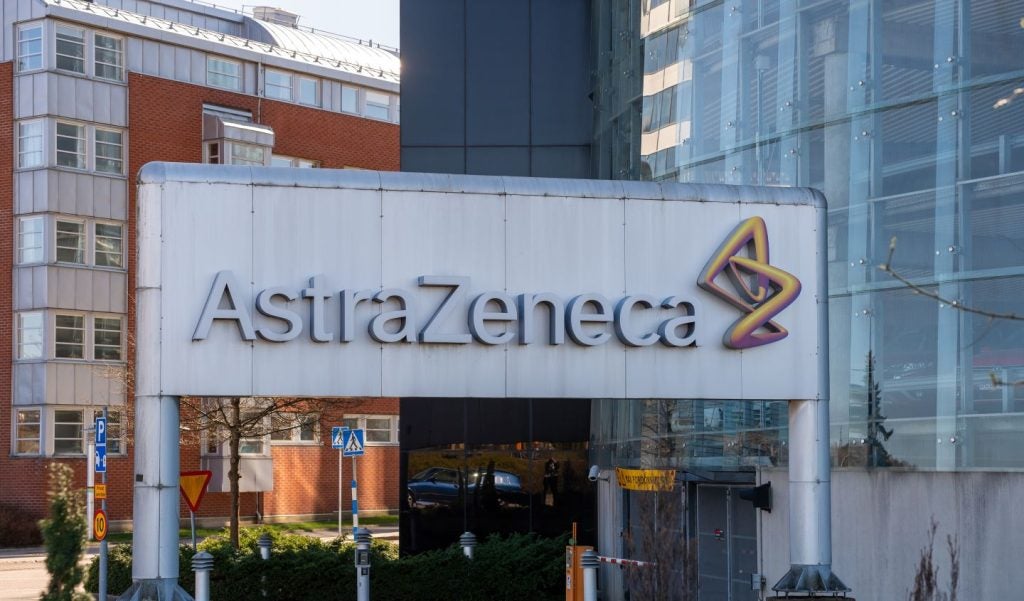AstraZeneca has announced plans for the discontinuation of two Phase III clinical trials of Lokelma (sodium zirconium cyclosilicate) being analysed for managing hyperkalaemia (HK).
A chronic ailment, HK is characterised by increased potassium levels in the blood.
The latest announcement comes after the company reported substantially increased timelines for enrolment and reduced rates of events making it prohibitive to provide trial data within a time period to progress clinical practice.
Dubbed STABILIZE-CKD and DIALIZE-Outcomes, the Phase III trials are part of the CRYSTALIZE evidence programme analysing Lokelma for HK management in patients with cardiac and renal diseases.
A double-blind, randomised, multicentre, placebo-controlled trial, STABILIZE-CKD is designed to analyse Lokelma as an adjunct to RAASi therapy on the progression of chronic kidney disease (CKD) in subjects with CKD and HK or are at HK risk.
DIALIZE-Outcomes is a placebo-controlled, double-blind, randomised, multicentre trial for assessing Lokelma’s effect on arrhythmia-assorted cardiovascular outcomes in chronic haemodialysis patients with recurring HK.
The latest decision is not due to any safety issues linked to the treatment, the company noted, adding that the therapy’s positive benefit-risk will not impact the already approved indication.
An oral anti-HK therapy, Lokelma is indicated for adult HK patients across 56 countries globally.
AstraZeneca BioPharmaceuticals R&D executive vice-president Sharon Barr said: “Our ambitious CRYSTALIZE programme continues to generate evidence to improve the current management of hyperkalaemia, which we believe leads to better outcomes for cardiorenal patients when a potassium binder is included in their treatment regimen.
“Lokelma is the leading branded potassium binder globally and continues to benefit a broad hyperkalaemia patient population to achieve rapid, sustained potassium control and is well tolerated.”
Last month, the company reported that its Phase III PACIFIC-2 trial of Imfinzi (durvalumab) plus chemoradiotherapy in unresectable, Stage III, non-small cell lung cancer patients missed the primary endpoint.
According to the findings, the trial failed to attain statistically significant progression-free survival following the treatment with the Imfinzi combination regimen versus CRT alone.









